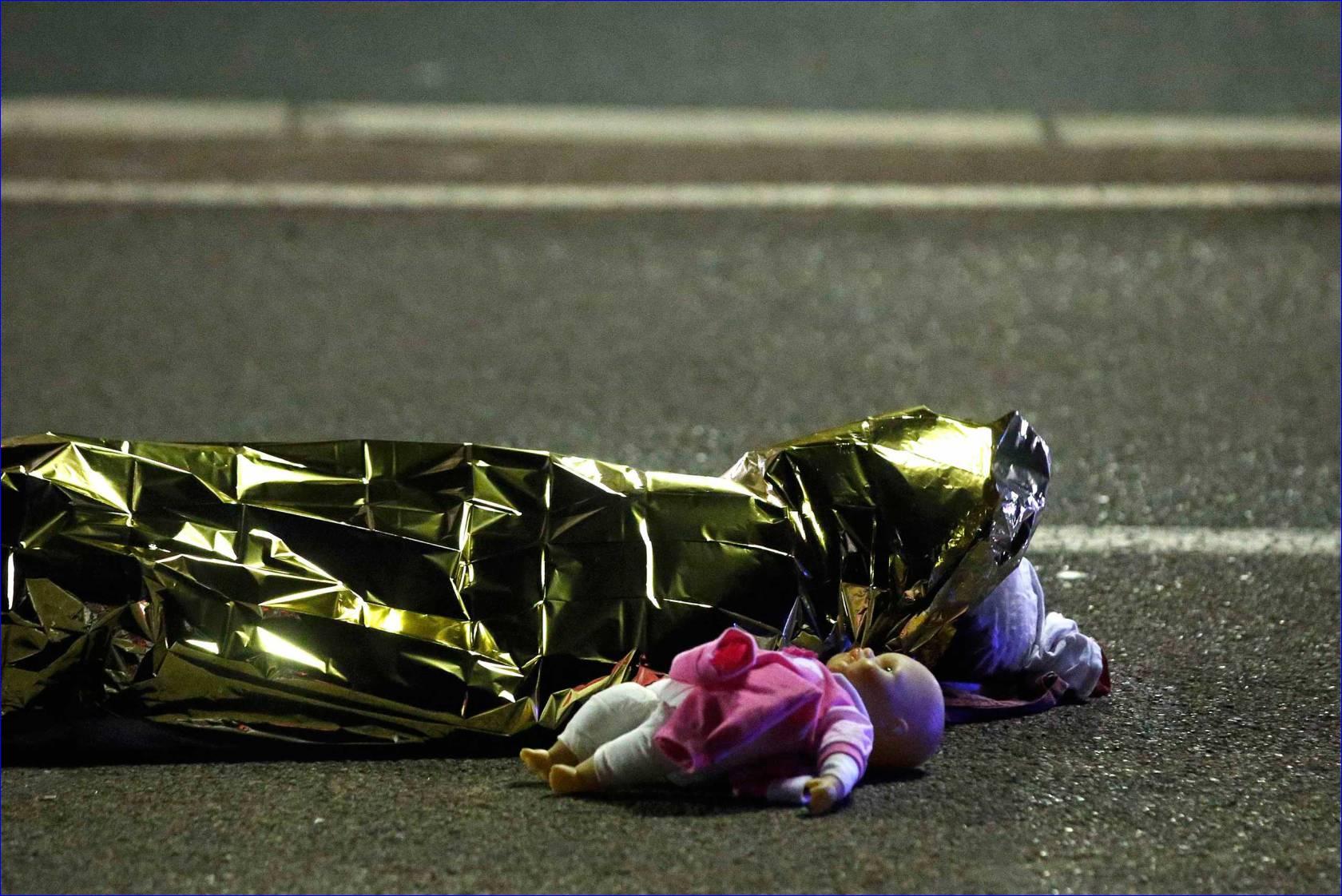


 Eric Gaillard/Reuters)
Eric Gaillard/Reuters)
Demographics and statistics are a great help in trying to understand the scale of the French problem. Also helpful are public opinion surveys taken among Muslim communities both in the majority Muslim world and in the West. Liberal commentators regularly remind their audiences of the diversity of Muslims and some even go so far as to declare Islam as a religion of peace. And indeed, many Muslims are as horrified by terrorist attacks as are non-Muslims.
But public opinion surveys among Muslims reveal a very worrying statistic. Such surveys regularly show support for radical jihadist activity running at somewhere between 5 -- 10%. Such are the findings of small-scale surveys taken among Muslims in Britain and European countries, as well as larger surveys taken among Muslims in the Middle East and other majority Muslim locations.
Extrapolating from these figures, we begin to understand why the Muslim world is in such a mess. Four countries that are typically torn apart by violent conflict are Afghanistan, Iraq, Libya and Syria. The Muslim proportion of the populations of the first three countries is over 95%, while in Syria Muslims represent around 85% of the population. So if a minimum of 5% of the population is inclined to jihadi activity, that translates to 1.6 million Afghans, 1.9 million Iraqis, 320,000 Libyans and 850,000 Syrians. Such figures do not even take account of floating radicals coming in from other locations. Simply put, majority Muslim societies are prone to political and social conflict because of the significant presence of trouble-making radical Islamist elements. And indeed, the terrorist strikes in France that have stunned the West are sadly relatively commonplace in countries such as Afghanistan, Iraq, Libya and Syria, so much so that when they occur media reporting is barely sufficient.
With Muslim communities typically containing within themselves the dangerous radical fringe, it is little wonder that as Muslim minorities grow in the West, a radical Islamist fringe will similarly grow in those Western locations. Some Western countries are a lot further down the road in hosting the growing Islamic presence, but none more so than France. That country's hospitality to North African migrants was facilitated by a sense of guilt felt by the French liberal elite in the wake of the Algerian Civil War and France's colonial history in North Africa. Hence North Africans flocked to France in the last decades of the 20th century, with the result that today the French Muslim community constitutes around 10% of the population, equal to around 6 million people. By contrast, the smaller Muslim communities of other European countries are still playing catch-up. Muslims represent 6% in the Netherlands, a rapidly growing 4% in Germany, 3% in Britain and 2.5% in Spain.
So if we apply the 5% jihadi rule, that means that French hospitality has resulted in approximately 300,000 Muslims in France today being in clear sympathy with the terror strikes in Paris, Nice and elsewhere. In such circumstances, it is surprising that there have not in fact been more strikes, and this is probably testimony to the efficiency of the French security services. However, there will be more. France is at a crossroads and its ruling elites need to take some very hard decisions if this situation is not to spiral out of control, leading to eventual civil conflict.
At the same time, other Western nations should be asking hard questions of their own immigration policies. If Muslim immigration means significant growth of radical jihadi sentiment, do immigration policies need to be reviewed to favour those communities who are more likely to contribute to social cohesion, rather than fragmentation? Do the political elites of Western countries have the courage to address such questions? Only time will tell, but time is of the essence.
Guest Editorial Policy

or register to post a comment.